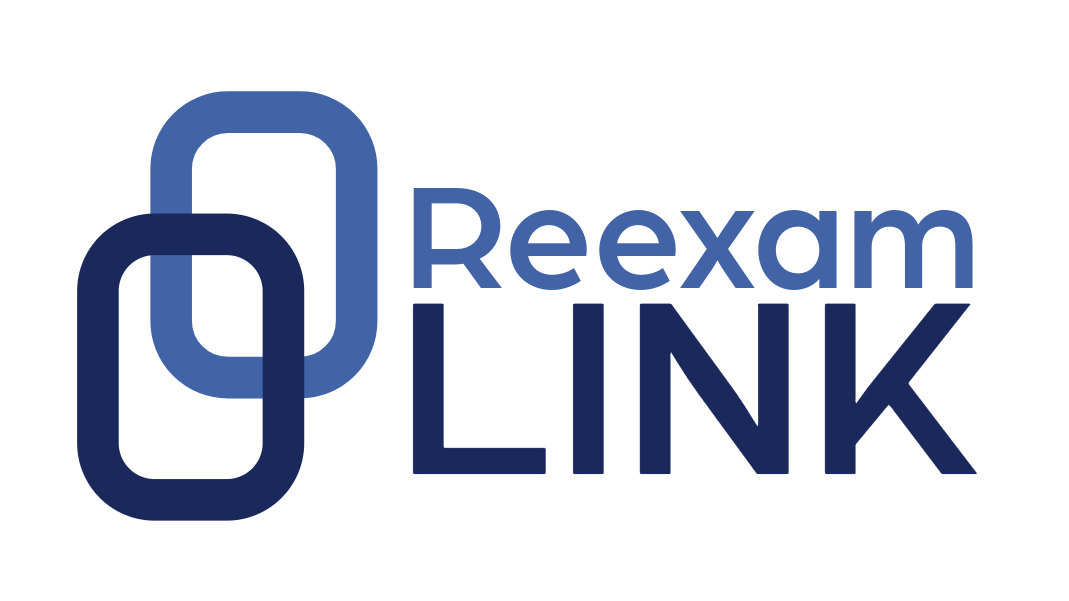The Patent Trial and Appeal Board recently decided to grant a motion to terminate a CBM proceeding prior to a decision of whether to institute trial in that CBM proceeding. In CBM2013-00015, between Oracle Corporation (Petitioner) and Community United IP, LLC, (Patent Owner) concerning U.S. Pat. No. 5,862,223, the parties filed a joint motion to terminate during the preliminary proceeding, that is, before a decision of whether to institute trial was made by the Board.
A “proceeding” is defined as a “preliminary proceeding” or a “trial.” 37 C.F.R. § 42.2. A “preliminary proceeding” is the portion of the proceeding which begins with the filing of a petition and and ends with a written decision as to whether a trial will be instituted. A “trial” is instituted if the Board grants the petition to review a patent. Joint motions to terminate by parties can be filed during the preliminary proceeding or during trial (before termination of the trial) pursuant to 35 U.S. C. 327, 37 C.F.R. §§ 42.72 and 42.74.
Oracle and Community United submitted their settlement agreement with the joint request to have it treated as confidential business information under 35 U.S.C. § 327(b) and 37 C.F.R. § 42.74(c). The Board granted the motion to terminate and the motion to treat the information as confidential business information:
Generally, the Board expects that a proceeding will terminate after the filing of a settlement agreement. See, e.g., Office Patent Trial Practice Guide, 77 Fed. Reg. 48756, 48768 (Aug. 14, 2012). Oracle’s petition was filed on April 2, 2013, and Community United has not yet filed its Preliminary Response. The Board has not yet determined whether a covered business method patent review should be instituted.
The Board was also careful to document what the Petitioner represented it would not do if the motion to terminate was granted:
Oracle represents that it will no longer participate, even if the Board institutes a covered business method patent review and commences a trial. That means even if a covered business method patent review is instituted, Oracle will not file a reply to any Patent Owner Response or an opposition to any Motion to Amend Claims. Oracle also will not be conducting any cross examination of Community United’s witnesses. Also, because of non-participation of Oracle, Community United may not have an opportunity to cross examine Oracle’s witnesses whose testimony are relied on by Oracle’s petition.
Of course, proceedings can settle at any time before a final written decision by the Board; however, proceedings like these which resolve so quickly will greatly reduce the statistical average time from filing to termination of post-grant proceedings, making them an even more attractive resolution mechanism than what is anticipated under the statutory time periods for completion set forth in the America Invents Act (currently capped at 1 to 1.5 years from institution of the patent review to a final written decision by the Board).

Leave a Reply